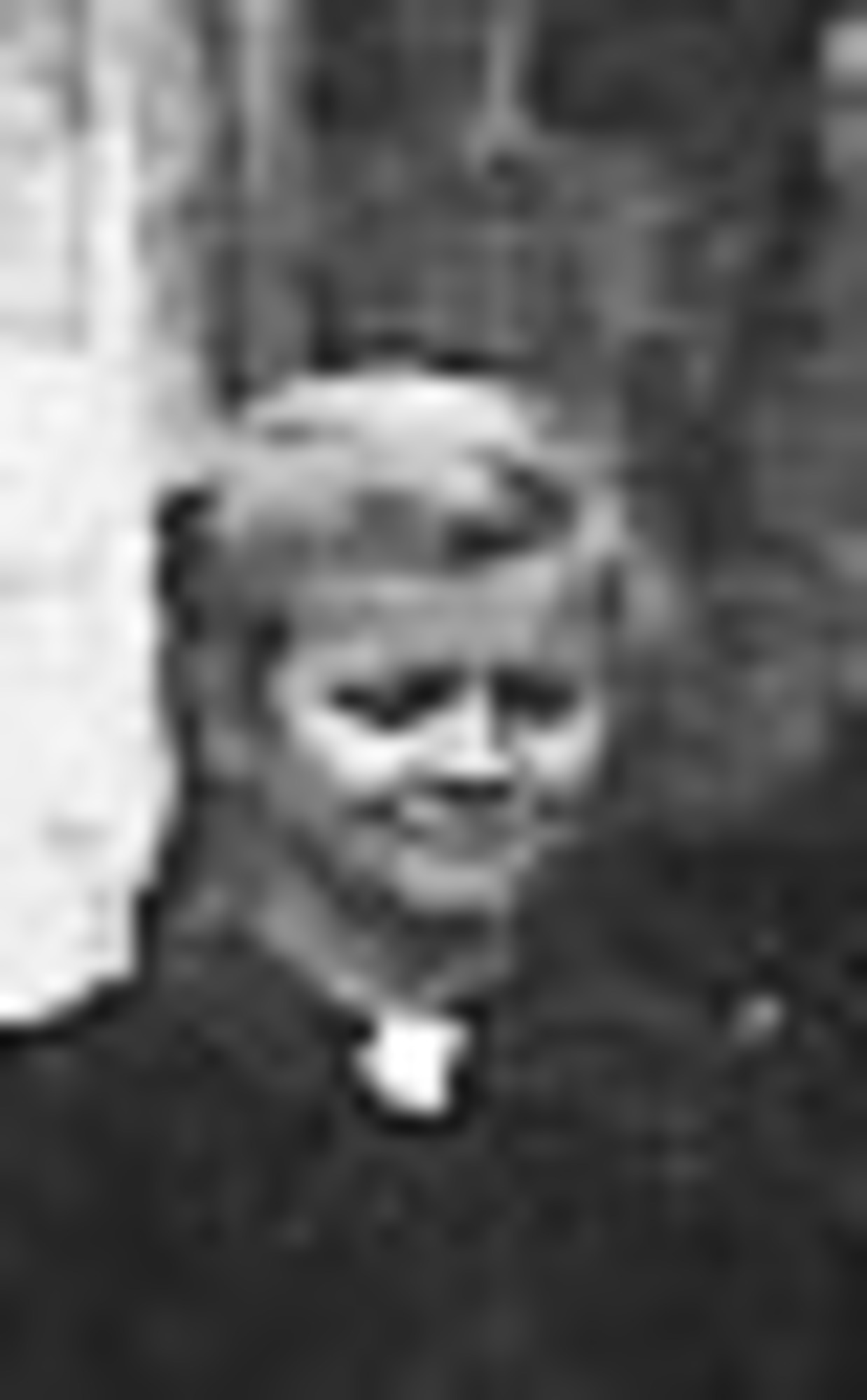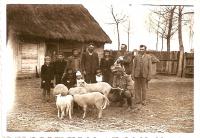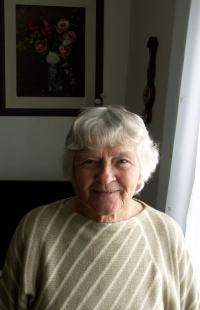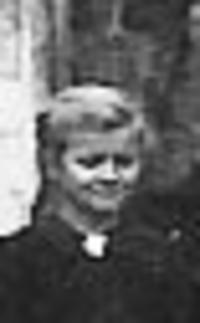The Poles wanted to clean up their country after the war, and so we left. And now I just pray that people will not have to keep running away

Download image
Marta Tothová, née Pospíšilová, was born on 27 February 1934 as the second daughter of Adolf and Amélie Pospíšil. The family lived in the village of Ignaców near Zelów, in Poland. The inhabitants of the area were a mix of Poles, Czechs, Germans, and Jews. Czechs comprised a more-or-less closed community of Evangelicals. When Poland was occupied, the family had to give levies from their small farm. Schools remained open only for German children and for Czechs who signed up for German nationality. In early 1945 the German inhabitants fled from the approaching Red Army. With the Germans gone, all of the Czech inhabitants began to feel hatred from the Poles. Their children were expelled from school for some time, and assaults became more frequent. After being burgled overnight for a second time, the Pospíšil decided to move to Czechoslovakia. They took only their duvets, and together the family with four children boarded a cargo train full of Czech families headed to Katovice. For a time they stayed with relatives in Liberec, then they moved to Teplá near Mariánské Lázně. The local Germans had to support their upkeep, and the newcomers could chose where they wanted to live. The Pospíšils moved in to Richard Heidel’s farm in Rankovice. They lived there together for several months. When the German population was expelled, they were left with a large and well-equipped farm. In 1948 the resettled Polish Czechs, who had taken up most of the homes in Rankovice, were given the choice to establish either a state farm, or a united agricultural cooperative. Bad management of the state farm, which had collectivised all the real estate property, all the farming equipment and cattle, forced most people to leave the area - they were not able to earn a living. At the time the witness was already working as a nurse at the surgical ward of the Sokolov hospital, where she was given employment after graduating from medical school.


